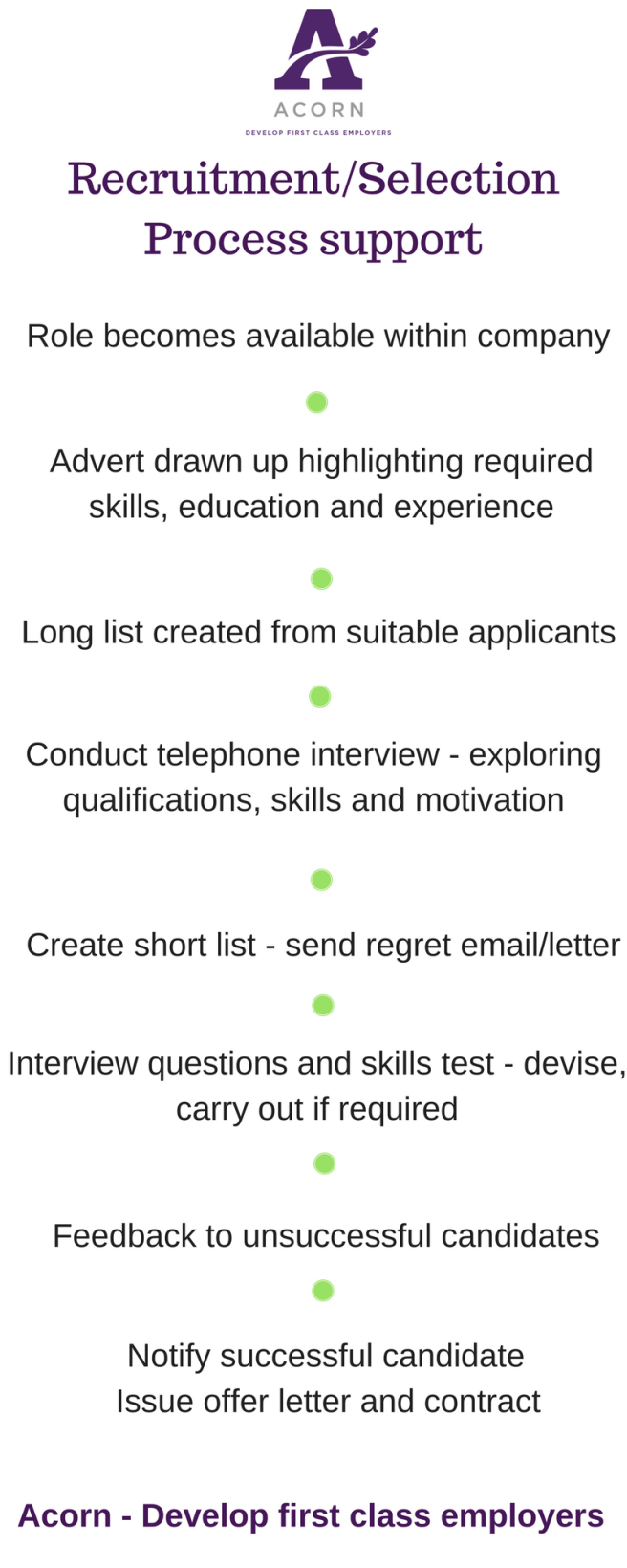QUESTION: Why should I use ASL?
ANSWER: We are a highly knowledgeable and experienced Human Resources Team. With over X years of combined HR experience we have the depth and knowledge to help partner with you. We seek to create partnerships with our clients to ensure that the services provided are flexible and tailored to meet the specific needs of the organisation.
We focus on the style and structure of each client’s business on a one to one basis to ensure a personalised service is provided. We want to see a business achieve it’s potential and are passionate about supporting and guiding our clients through the complexities of employment law and employment relationships.
QUESTION: What types of organisations do you work with?
ANSWER: We provide HR consulting services to all types of small- and medium-sized businesses. We’ve worked with businesses in all kinds of industries, ranging from manufacturing operations, Educational establishments, professional services, technology focused companies and retail. .
QUESTION: What is the benefit of outsourcing my Human Resources Function?
ANSWER: Getting employment law wrong can be very costly and time-consuming taking you away from your core business. Many small to mid-sized organisations typically have an individual that is responsible for HR but generally has several other duties and wears “multiple hats”. In some cases HR duties can fall on owners and directors of these size of companies. HR Consulting can be a cost effective resource to ensure you are compliant with employment law. Most importantly it offers your organisation consistency in managing all manner of employee issues. It also allows you the opportunity to free yourself and other employees from the administrative burden that HR can pose and enable them to focus on their man role.
QUESTION: Where can I learn more about the work you’ve done with other clients?
ANSWER: We are happy to provide client references and contacts should you wish to hear directly from our clients about their experience with our services
QUESTION How can I test your services before making a long-term commitment?
ANSWER: We prefer not to offer a retainer services and believe our last piece of work is testament to the value of the service we provide. We offer our services on a project by project basis or as and when required.
Following our initial consultation, we provide a written proposal clearly outlining the deliverables agreed and outline pricing.
QUESTION: What services does ASL offer?
ANSWER: It is a full scope assessment of your payroll, benefits, and administrative policies and procedures. We focus first on legal compliance and then suggestions for best practices. As a result of the Audit you get a detailed summary, suggestions for compliance and significant resources from our HR library of materials.
We support our client on all manner of topics including, disciplinary, grievance, redundancy, restructures, TUPE, case management, dismissals, engagement, retention, absence management, recruitment and managing performance. We are equipped to deal with any HR challenge you may have.
QUESTION: Do I need to sign a written contract?
ANSWER: We ask you to sign up to our terms and conditions, however they do not tie you in for any length of contract. Obviously we would like to work with you long term but only if the relationship works for both parties. The relationship between you as a client and us as your HR consultant is based on trust and mutual respect. As such, it is our policy to offer our clients the flexibility to end a HR service immediately with just a phone call.
QUESTION: Do you offer on-site support?
ANSWER: Yes
QUESTION: Who will I be dealing with?
ANSWER: You will have a client relationship owner assigned to you, but as a small team of 4 advisors, all of the team will understand your business and have access to your policies and procedures. Therefore, it doesn’t matter who you speak to you when you call they will be able to help you with your query or direct it to the most appropriate member of our team.
QUESTION: Where are you based?
ANSWER: We are based in Stourbridge in the West Midlands. We predominantly cover the West Midlands and Worcestershire area but have clients as far a field as Scotland and London.
QUESTION: What hours are you available by phone or e-mail?
ANSWER: Our normal office hours are 9am to 5pm, Monday to Friday. However due to the nature of some of our clients businesses, we frequently support HR activities in the evening and at the weekends. If you do require out of office support this will be discussed when we agree terms.
QUESTION: What expertise do you have?
ANSWER: Our HR Advisors have to maintain their expertise to be valuable to their clients. Small-business owners who don’t have a dedicated HR department within their companies benefit from an HR Advisor who can provide guidance on the day-to-day operations. The HR Advisor can advise on HR functions that will sustain employee engagement and productivity.
Our HR team work hard to continually upgrade our knowledge and expertise in HR best practice so we can market high-quality services to clients and ensure that their clients trust our advice. We are CIPD qualified, which is the professionally recognised HR qualification in the UK. More importantly, we have the experience to match our qualifications.
QUESTION: Do you help with Training and Development?
ANSWER: Training and developing is important for any company to grow and succeed. Our HR Advisors can help train and develop your staff by delivering appropriate workshops on such things as, managing absence in the workplace, how to manage performance in your teams and how to engage and retain talent in your business.
To get the best out of your people, it’s important to develop them and ensure they are highly engaged. Therefore, as part of our proactive approach, we deliver workshops to ensure your line managers are equipped to manage your people effectively.
Call us on 01562 881019, or email mail@acornsupport.co.uk







